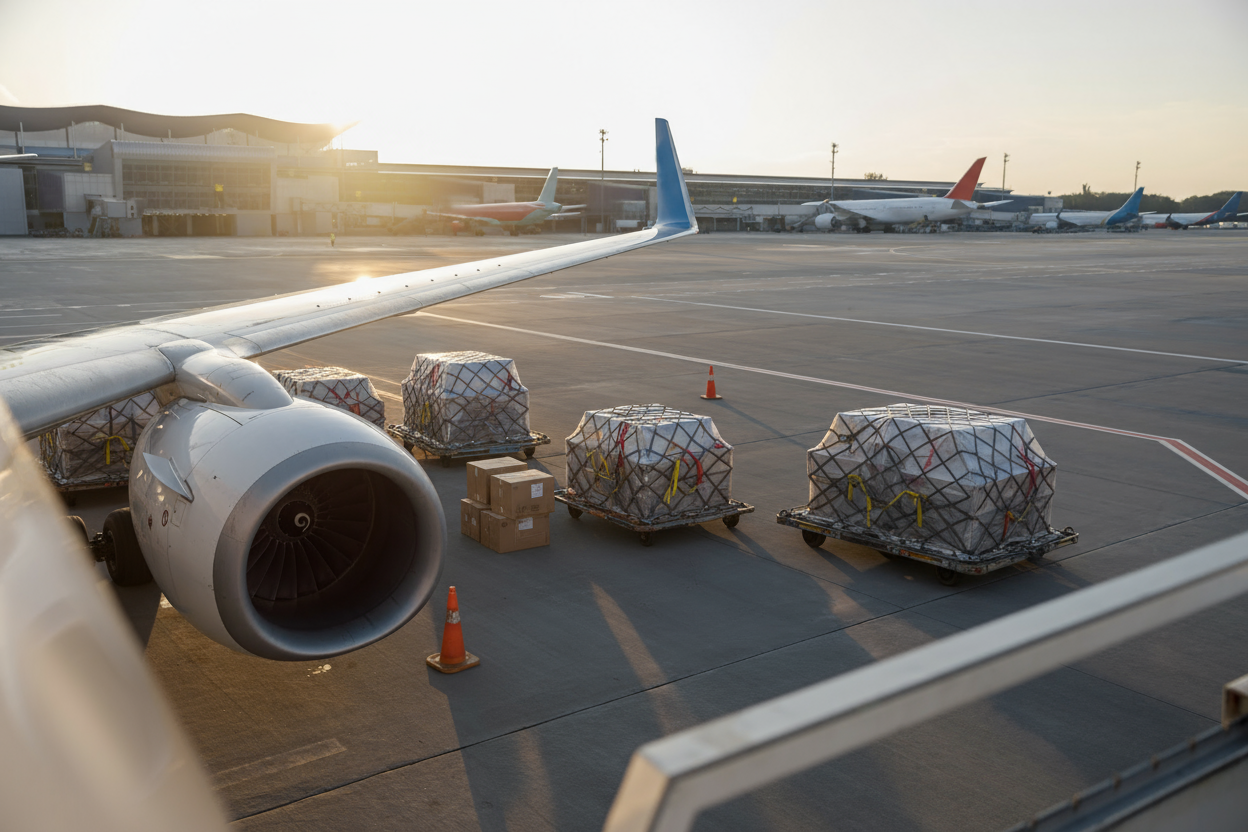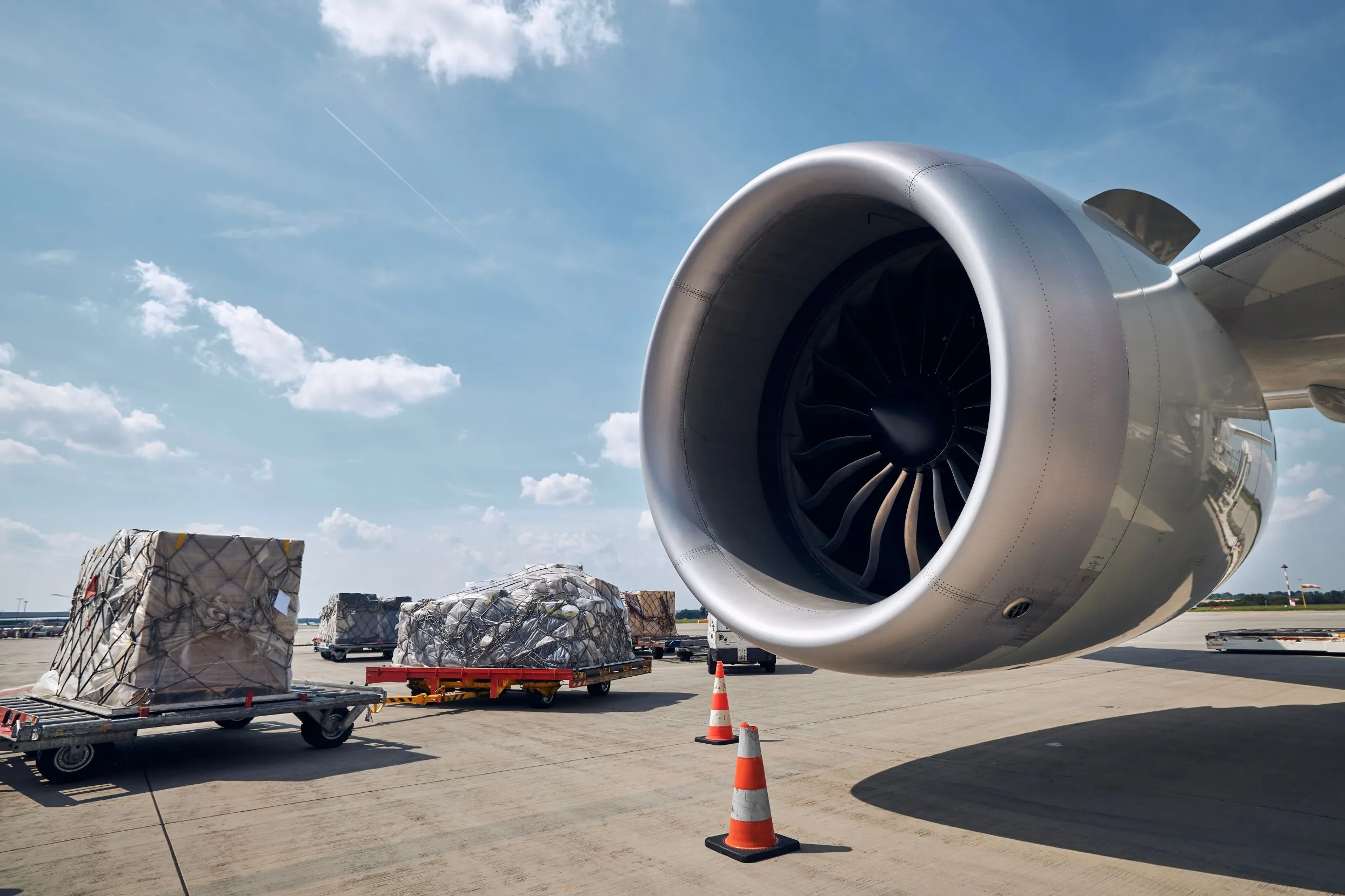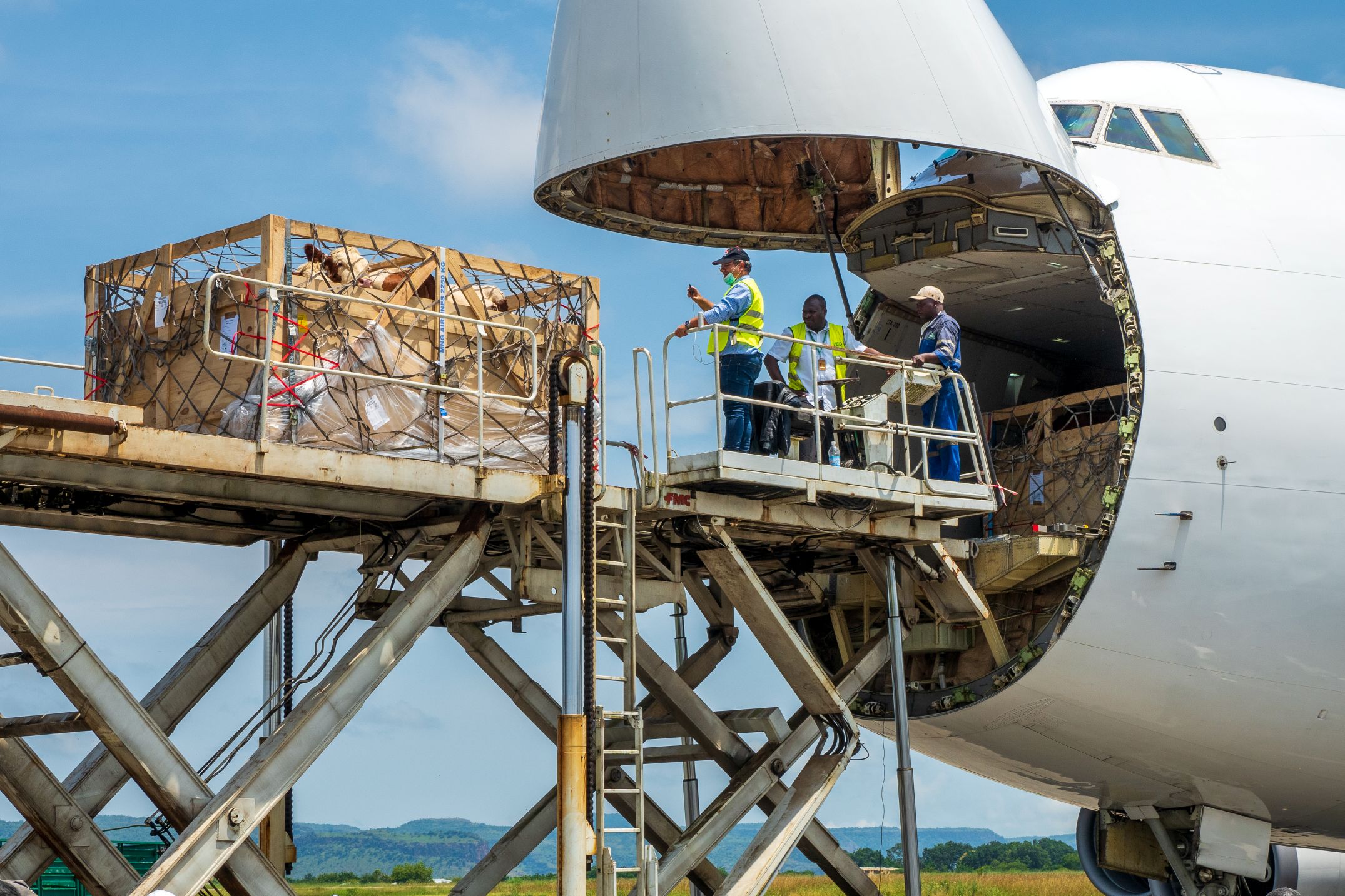As the air cargo industry approaches 2026, the traditional role of the General Sales and Service Agent (GSSA) is undergoing a fundamental transformation. Market volatility, technological advancements, and evolving customer expectations are driving a definitive shift away from siloed sales functions toward comprehensive, integrated airline solutions. This new paradigm moves beyond simple capacity sales, encompassing commercial strategy, network optimization, advanced technology stacks, and deep data analytics. For airline executives and cargo heads, understanding and adapting to this evolution is no longer optional—it’s essential for sustainable growth and competitive advantage. The future belongs to GSSAs that can act as true strategic partners, delivering holistic value across the entire air cargo value chain.
The Drivers of Change: Why Integrated Solutions Are Now Essential
The air cargo landscape has been reshaped by several powerful forces in recent years. The post-pandemic supply chain complexities, combined with accelerated digitalization and a heightened focus on profitability, have exposed the limitations of the conventional GSSA model. Airlines now require partners who can do more than just fill cargo holds; they need collaborators who can offer integrated airline solutions to enhance operational efficiency, maximize revenue, and navigate a complex global market.
Key market drivers accelerating this shift include:
- Economic Volatility and Yield Pressure: Fluctuating demand and capacity have put immense pressure on yields. Airlines need sophisticated revenue management strategies that go beyond simple pricing. An integrated partner helps optimize pricing, manage capacity dynamically, and identify new revenue streams, protecting profitability in a turbulent market.
- Customer Expectations for Transparency: Shippers and forwarders now demand the same level of visibility and control they experience in consumer logistics. This requires seamless digital integration, from booking and tracking to final delivery. GSSAs must provide this transparency through integrated airline solutions that connect disparate systems.
- The Rise of E-commerce and Special Cargo: The boom in cross-border e-commerce and the growing demand for specialized cargo transport (like pharmaceuticals and high-tech goods) require more than just a standard sales approach. These segments demand precise handling, temperature control, and strict compliance, necessitating a GSSA partner with deep operational and regulatory expertise in providing integrated airline solutions.
This evolving environment makes a compelling case for a new partnership model—one built on a foundation of integrated airline solutions.
Redefining the Partnership: From Sales Agent to Strategic Integrator
The transition to an integrated model redefines the GSSA’s role. It moves from a transactional relationship to a strategic one, where the GSSA functions as an extension of the airline’s own commercial team. This deeper collaboration focuses on mutual growth and long-term success rather than short-term sales targets.
The Commercial Model of the Future
Traditional commission-based models are evolving into more sophisticated, performance-oriented frameworks. While commissions will persist, the future points toward hybrid models that align GSSA incentives with the airline’s strategic goals and comprehensive integrated airline solutions. These can include:
- Profit-Sharing Agreements: Both parties share in the profits generated from a route or region, encouraging the GSSA to focus on high-yield cargo and efficient operations.
- Performance-Based Incentives: Bonuses are tied to key performance indicators (KPIs) such as market share growth, on-time performance, and customer satisfaction scores, reflecting the effectiveness of integrated airline solutions.
- Fixed-Fee Retainers for Strategic Services: Airlines may pay a fixed fee for high-value services like market intelligence, network analysis, or technology management, reflecting the GSSA’s expanded role.
These evolving commercial structures foster a true partnership, ensuring that both the airline and the GSSA are invested in delivering superior results through integrated airline solutions.
Technology Stack Convergence: The Digital Backbone of Integration
A truly integrated partnership is impossible without a unified technology stack. Siloed systems for booking, revenue management, and operations create inefficiencies and prevent a holistic view of the business. The GSSA of 2026 must provide integrated airline solutions as a technology integrator, capable of connecting disparate platforms into a cohesive digital ecosystem.
Key components of this converged technology stack include:
- Unified Cargo Management Systems (CMS): A modern CMS should offer a single source of truth for bookings, capacity, pricing, and operational data. This eliminates manual processes and ensures all stakeholders are working with the same information.
- API-Driven Connectivity: Application Programming Interfaces (APIs) are the glue that holds the digital ecosystem together. They enable seamless data exchange between the airline’s systems, the GSSA’s platform, and third-party services like customs brokerage and last-mile delivery providers. The International Air Transport Association (IATA) is actively promoting standards like ONE Record to facilitate this data sharing.
- Advanced Revenue Management Tools: Static rate sheets are obsolete. Modern revenue management systems use AI and machine learning to analyze historical data, market trends, and competitor pricing to recommend optimal rates in real time. This dynamic pricing capability is a core component of effective integrated airline solutions.
By championing technology convergence, GSSAs can provide the digital infrastructure necessary for airlines to compete effectively.
Core Pillars of an Integrated Airline Solutions Strategy
Adopting an integrated approach requires a focus on several key pillars. These elements work together to create a powerful, data-driven commercial engine that drives growth and profitability.
1. Data Analytics and Artificial Intelligence
Data is the lifeblood of modern air cargo. An integrated GSSA partner, offering a suite of integrated airline solutions, leverages data analytics and AI to transform raw information into actionable insights. This goes far beyond simple reporting; it involves predictive modeling and prescriptive analytics.
- Predictive Demand Forecasting: AI algorithms can analyze historical trends, seasonal patterns, and macroeconomic indicators to forecast demand with a high degree of accuracy. This allows airlines to optimize capacity allocation and fleet planning.
- Dynamic Pricing and Yield Optimization: AI-powered tools can adjust prices in real time based on demand, capacity, and competitive positioning, maximizing revenue from every available kilogram.
- Customer Segmentation and Targeting: By analyzing customer data, GSSAs can identify the most profitable segments and tailor sales and marketing efforts to their specific needs. This data-driven approach is fundamental to integrated airline solutions.
2. Strategic Network Optimization
In the past, a GSSA’s role might have been limited to selling capacity on existing routes. The integrated model involves a much more strategic approach to network development. The GSSA acts as the airline’s eyes and ears on the ground, providing critical market intelligence to inform network decisions.
This includes:
- Identifying New Route Opportunities: Analyzing trade flows, economic data, and local market demand to identify underserved or emerging trade lanes.
- Optimizing Interline and Trucking Networks: Building a robust network of interline partners and road feeder services to extend the airline’s reach beyond its own gateways. This creates a more comprehensive and competitive product for shippers.
- Capacity and Frequency Analysis: Providing feedback on whether current flight frequencies and aircraft capacity are aligned with market demand, helping the airline make data-backed adjustments.
A GSSA that offers these strategic insights becomes an invaluable partner in building a resilient and profitable network. Leading consulting firms like McKinsey & Company often highlight the importance of network strategy in transportation logistics.
3. Comprehensive Compliance and Risk Management
Navigating the complex web of international regulations is a major challenge for airlines. An integrated GSSA partner takes a proactive approach to compliance and risk management, safeguarding the airline’s interests and ensuring smooth operations.
This extends to:
- Customs and Security Regulations: Staying ahead of changing customs requirements, such as those mandated by the World Customs Organization (WCO), and ensuring all shipments comply with security protocols.
- Sanctions and Embargoes: Implementing robust screening processes to ensure no cargo violates international sanctions or embargoes, protecting the airline from significant financial and reputational damage.
- Dangerous Goods Handling: Providing expert guidance and oversight for the transportation of dangerous goods, ensuring full compliance with IATA and local regulations.
By managing these complex areas, the GSSA allows the airline to focus on its core business of flying. This risk mitigation is a key value proposition of integrated airline solutions.
4. Sustainability and ESG Initiatives
Sustainability is no longer a peripheral concern; it is a core business imperative. Shippers, investors, and regulators are all demanding greater environmental, social, and governance (ESG) accountability. An integrated GSSA partner can help airlines advance their sustainability goals.
This can be achieved by:
- Promoting Sustainable Aviation Fuel (SAF): Working with shippers and forwarders to promote and sell cargo services that utilize SAF.
- Optimizing Cargo Load Factors: Using advanced analytics to maximize the amount of cargo on each flight, which reduces the carbon footprint per kilogram.
- Implementing Digital Processes: Reducing paper consumption through digital air waybills (e-AWB) and other paperless initiatives.
A proactive stance on sustainability not only enhances brand reputation but also opens doors to new business opportunities with environmentally conscious customers. Global bodies like the United Nations Conference on Trade and Development (UNCTAD) frequently report on the link between sustainability and trade efficiency.
The Future-Ready Partnership Framework
The shift toward integrated airline solutions is reshaping the relationship between airlines and GSSAs. To succeed in 2026 and beyond, airlines should seek partners who demonstrate a clear commitment to this new model. The ideal partner will act as a strategic integrator, bringing together technology, market intelligence, and commercial expertise to drive sustainable growth.
This future-ready framework is built on transparency, shared goals, and a deep understanding of the entire air cargo ecosystem. It’s a partnership where the GSSA’s success is intrinsically linked to the airline’s success, creating a powerful synergy that benefits both parties. As the industry continues to evolve, embracing this integrated approach will be the defining characteristic of the most successful air cargo operations.
Are you ready to build a more resilient and profitable cargo business? Let’s discuss how integrated airline solutions can transform your commercial strategy for 2026.





